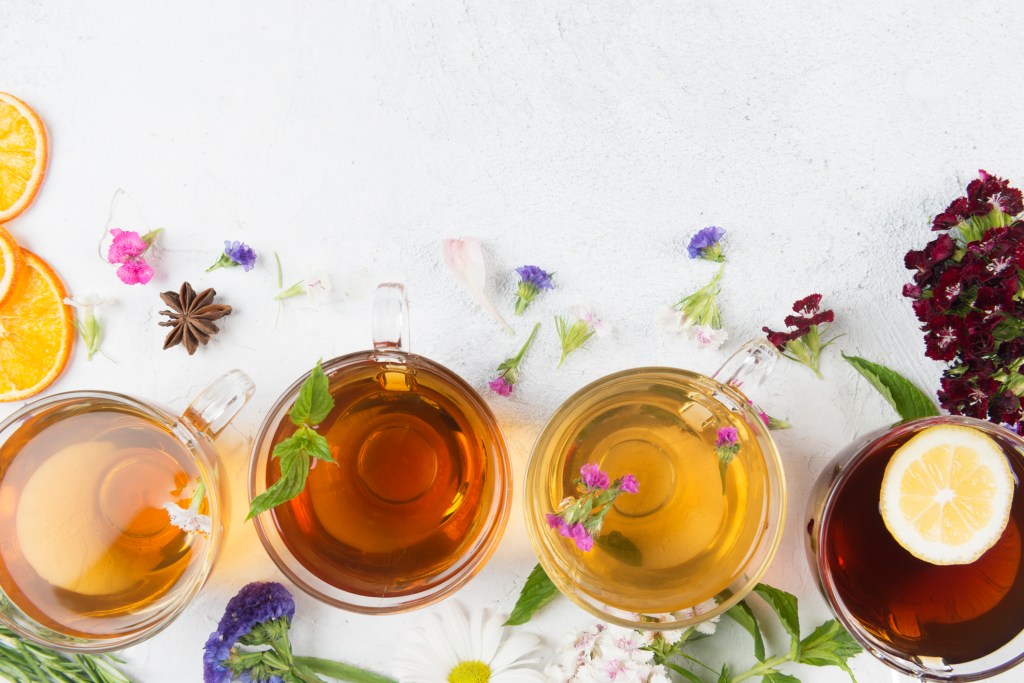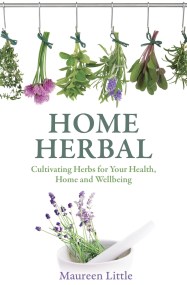How to Make Natural Herbal Remedies

Herbs have been used as healing plants for centuries.
Many of the common names of herbs in the English language clearly point to the value of herbs to support healing: for example, knitbone (Symphytum officinale) and self-heal (Prunella vulgaris). Until relatively recently, in every village, if not in every family, there would be someone – usually a ‘wise’ woman, or for those who were a little more superstitious and ungenerous, the local ‘witch’ – who would have a comprehensive knowledge of the herbs required to ease ailments and aid healing.
Although much of the understanding about herbs, and the many related skills, is no longer common knowledge, there is still a vestige of awareness of the potential of herbs. For example, many of us know that the juice of the Aloe vera plant will ease sunburn, and that a cup of Chamaemelum nobile (Roman chamomile) tea will aid sleep. Applications such as these are safe for the layperson to use because they have been tried and tested over generations.
The following guide features other tried and tested natural remedies that anyone can make at home:
Aching Muscles
There is no doubt that a massage can help relieve aching muscles, and if the oil that you use has been infused with some appropriate herbs it can be even more efficacious. Almond oil makes a good base but any vegetable oil is acceptable. Use Rosmarinus officinalis (rosemary), which will stimulate blood flow, Hypericum perforatum (St John’s wort) to ease muscle tension, and Chamaemelum nobile (Roman chamomile), which will act as an anti-inflammatory.
Rosemary and Lemon Balm Bath Infusion
You will need:
4 teaspoons fresh Melissa officinalis (lemon balm)
2 teaspoons fresh Rosmarinus officinalis (rosemary) leaves
3 drops of lemon balm essential oil
Make an infusion using the fresh lemon balm and rosemary leaves and 500ml water: boil the water and pour it over the lemon balm and rosemary, leaving them to steep for about ten minutes. Strain the herbs. When the infusion is cold, add the essential oil and use it immediately in your warm bath.
Bites and Stings
With any bite or sting you want instant relief. Herbal help is usually close at hand. Rub a sprig of Lavandula angustifolia (lavender) flowers between your fingers to release the essential oil and then carefully rub it on the bite or sting. The juice from Plantago major (plantain) leaves is also a good alleviator, as is Aloe vera gel. All of these will help with the pain.
Colds
If you are unlucky enough to catch a cold, there is little that will actually cure it, but the symptoms can be relieved using the following tea infusion.
You will need:
3 teaspoons fresh/2 teaspoons dried Mentha x piperata (peppermint)
2 teaspoons Achillea millefolium (yarrow)
2 teaspoons Echinacea (coneflower) root
1 crushed Allium sativum (garlic) clove
Boil a cupful of water and pour over the ingredients. Leave to steep for about ten minutes and then strain. Drink a cupful twice a day.
There is also much to be said in favour of the traditional alleviant of honey and lemon. Make an infusion with hot water, sliced lemon and add a teaspoon of honey. For a bit more zing, include a thin slice of Zingiber officinale (ginger) root.
Home Herbal
by Maureen Little
This book will give you the knowledge and confidence to use your own herbs to make inexpensive wellbeing and domestic products from your own garden, without the need for costly commercial preparations, and with an eye to the more natural cultivation of useful herbs, in harmony with nature and in tune with our environment.
It offers, to the budding herb grower and experienced gardener alike, a wealth of easy-to-follow advice and achievable projects on:
·Cultivating and using herbs for your health, first-aid, wellbeing and beauty
·Growing and using herbs to enhance your surroundings and living spaces
·How to grow, harvest, dry and look after your herbs
·The best designs for your herb garden space
·Comprehensive A to Z of first-aid, cosmetic and household herbs



